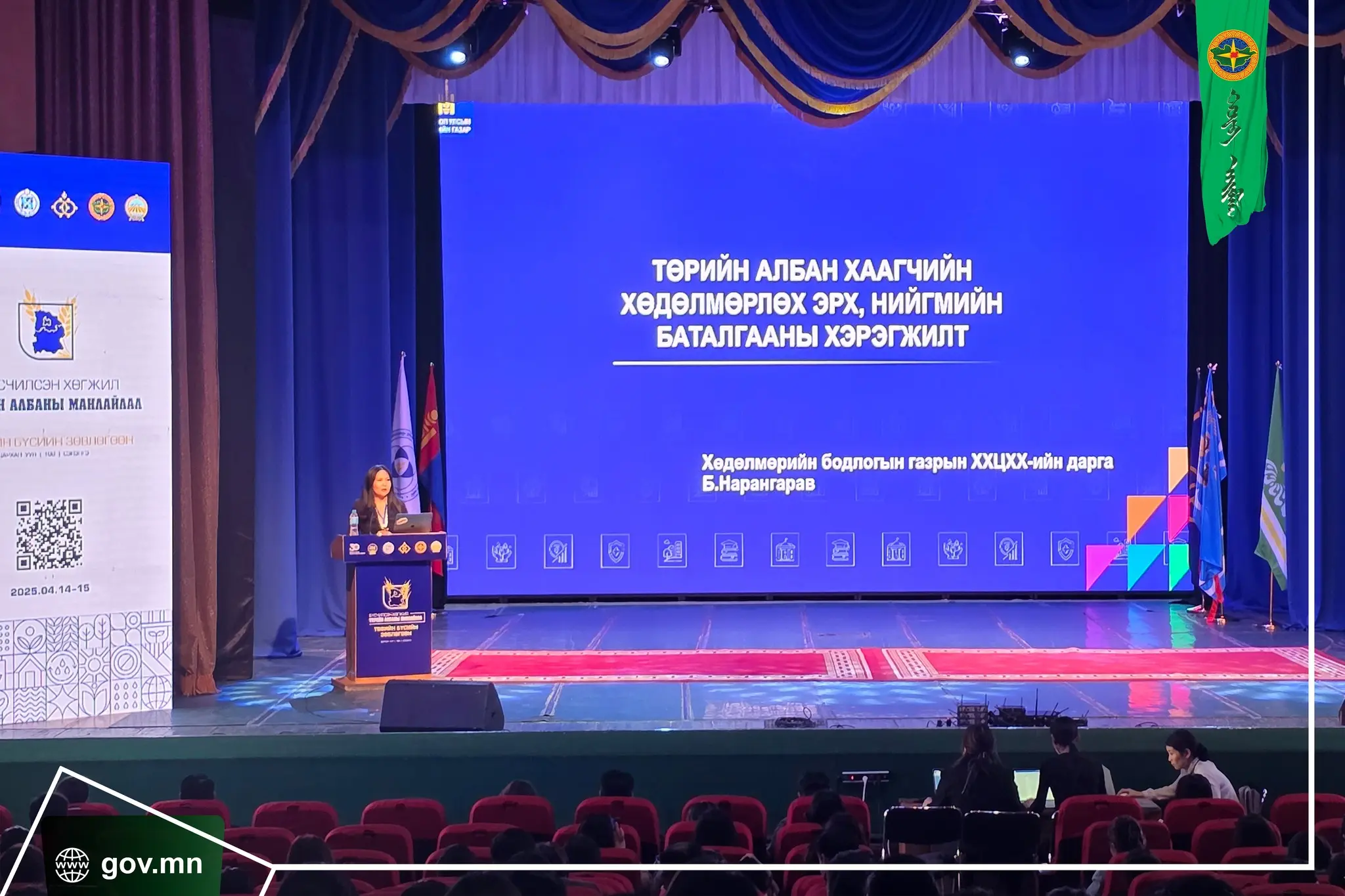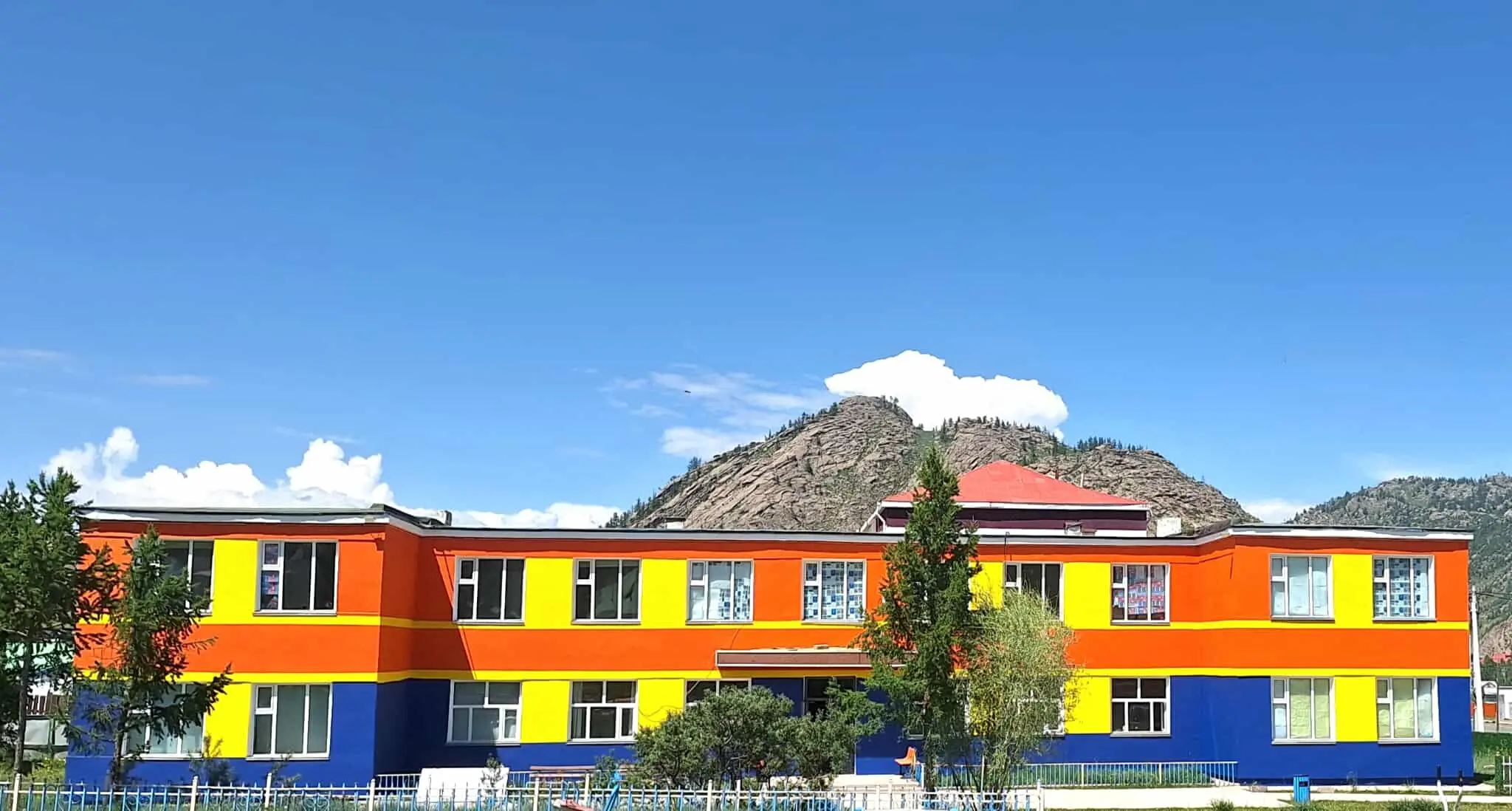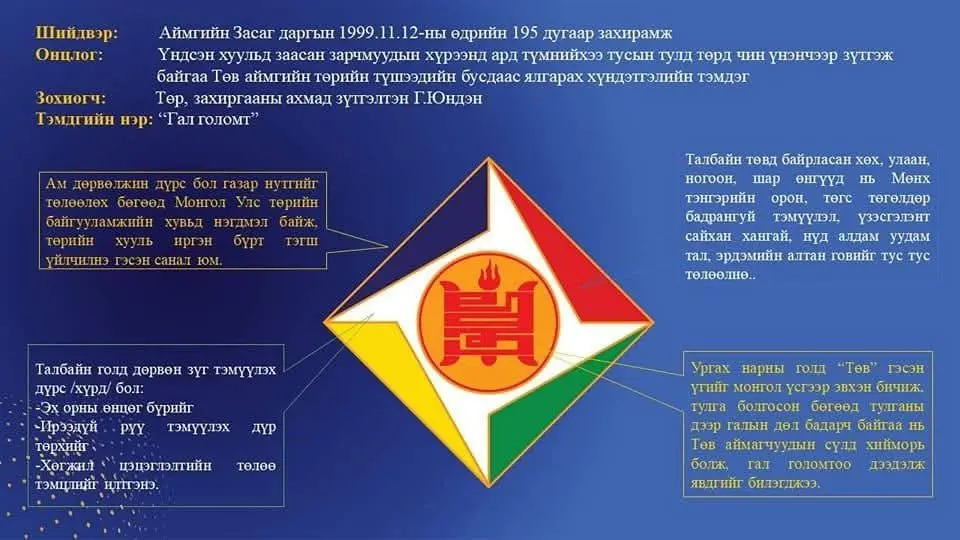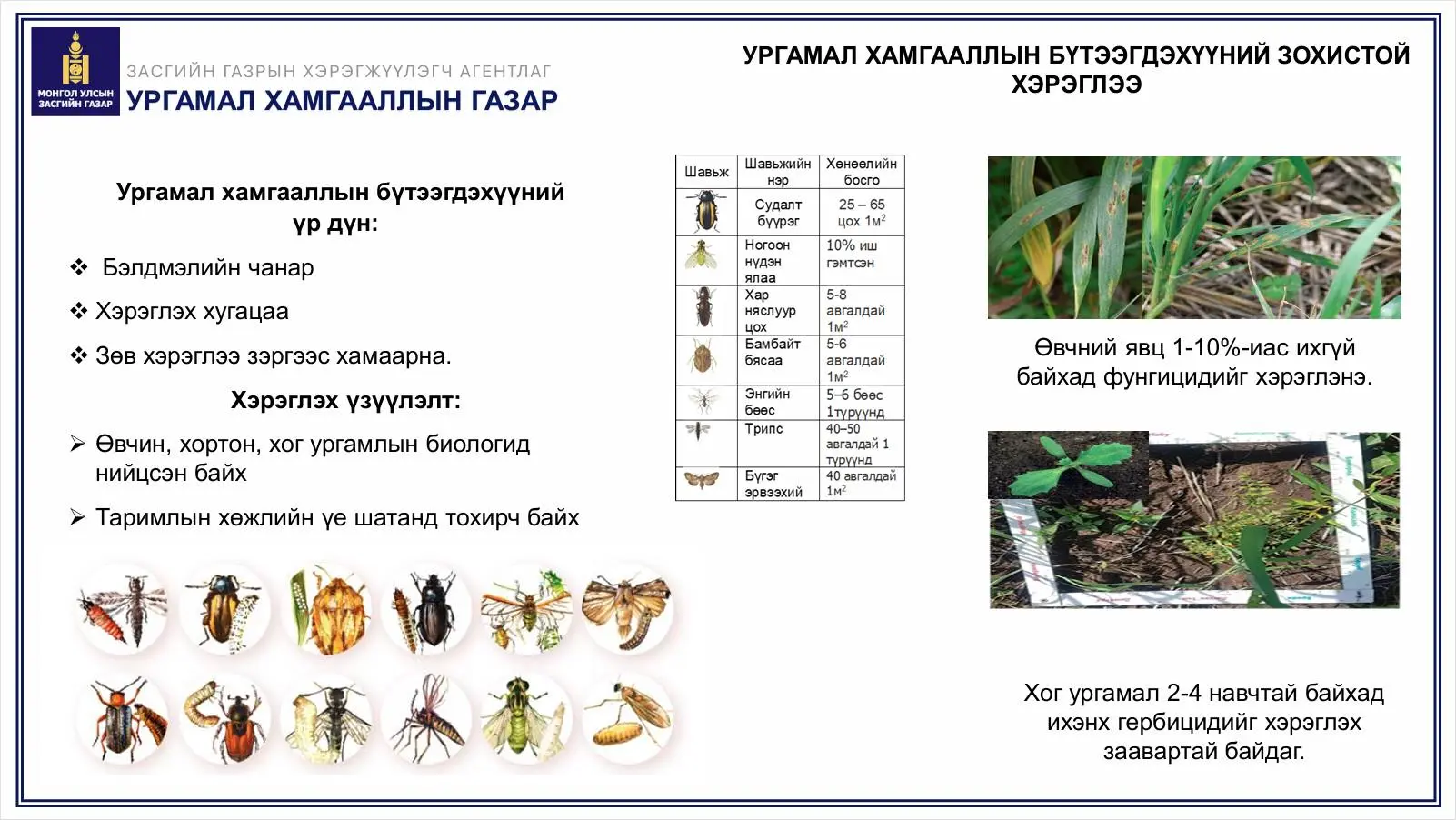
Mongolia has more than 226 thousand civil servants, 17191 of whom work and live in Darkhan, Selenge, and Tuv aimags. In this meeting, 450 civil servants representing the Central Region participated in the meeting and received information about the Labor Law and Civil Service Laws, and held discussions in 4 sections on the topics of “Application of Civil Service Laws”, “Application of Labor Laws and Electronic Technology”, “Application of Civil Service Ethics Laws”, and “Supporting the Career Development of Female Civil Servants and Gender at the Management Level in Civil Service”. Civil servants emphasized that they participated in a fruitful consultation where participants from each discussion area expressed their opinions, raised issues, and exchanged views on local issues. The participants also received expert presentations and advice on topics such as Digital Government-AI: Productivity and Technological Solutions, Values and Empowerment, and Work-Life Balance. On the second day of the conference, the Chairman of the Civil Service Council L. Tsedevsuren on the topic of “Reform of the Civil Service of Mongolia - Results”, the Chairman of the Standing Committee on Ethics of the Parliament B. Bayarbaatar on the topic of “Ethics and Leadership of Civil Servants”, the Chairman of the Ethics Committee, member of the State Duma Ts. Amartugs on the topic of “Reform of the Civil Service - Ethics”, and the Member of the Civil Service Council, Honored Lawyer of the Republic of Mongolia B. Iderchuluun on the topic of “Current Status of the Civil Service - 330 Soums” made presentations to 450 participants of the conference and held discussions. Local civil servants openly expressed their problems and opinions during the discussion. - Revising the structure and maximum number of staff of the Soum ZDTG. Because the functions of the soum ZDTG are increasing, such as government e-services, monitoring, evaluation, procurement, infrastructure, and disaster management, - Keeping the civil service free from politics, considering that the conflicting provisions of the Civil Service Law and other laws and regulations cause the most difficulties and ultimately cause civil servants to suffer, - Political appointments of incompetent civil servants into civil service and tarnish the reputation of the civil service, - Civil service managers should be fair and just, and employees should receive the same salaries and bonuses despite relatively different workloads, - Temporary work and work groups do not pay salaries and bonuses on weekends and overtime, - Young personnel face housing problems when working and living in rural areas, and it is difficult to apply for mortgage loans, - Poor renovation of workplace equipment increases workload, deteriorates performance quality, and does not complete work on time, - Due to the provision of equipment and the burden of new employees with many overtime tasks, young and skilled Participants in the discussion pointed out that there are many problems, including staff burnout, and emphasized the need for research-based and realistic changes to the Civil Service Law reform.




